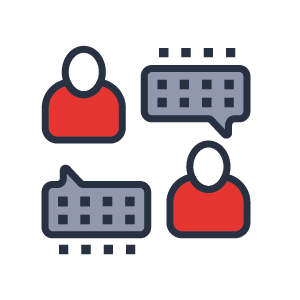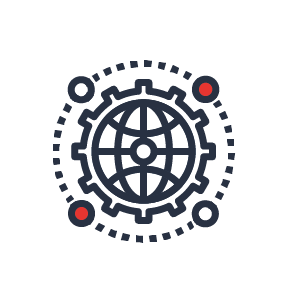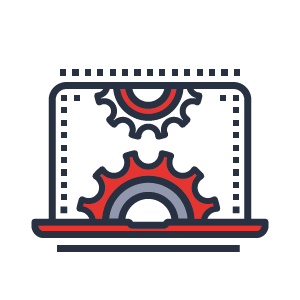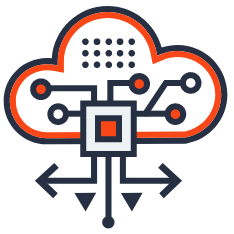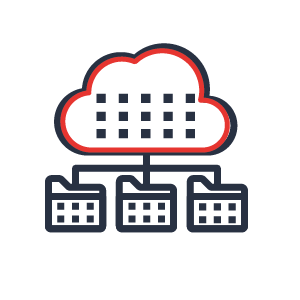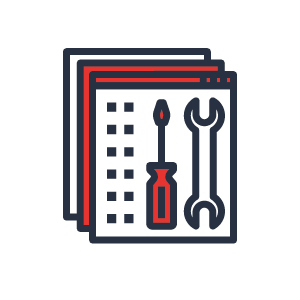There has been an explosion of automation technologies in every area of life and business over the last few years – and concurrently a shockwave of questions, fear and excitement, optimism and pessimism, about how this will impact society, particularly work.
Many of the concerns revolve around what automation will mean for job creation – or destruction – but an often-overlooked issue is what this will mean for the nature of work, and life itself. Will automation free us from mundane, robot-like work – or will we simply become nodes between automated systems, and thus more robotic?
A closer look at why businesses choose RPA
Robotic Process Automation (RPA) is a perfect entry-point to analyse this question more deeply. RPA uses bots that perform routine business processes through simple rules, and is useful for performing tasks that are repetitive, prone to error, and time-consuming. It can perform these tasks faster and more accurately, and unlike people, does not suffer from fatigue or boredom. All things being equal, this means business efficiency and productivity can be increased, and less human labour is expended on these tasks making the solution more cost-effective. But it also means that people can focus on work that RPA cannot do – such as things that require emotional intelligence and human contact, contextual knowledge and higher-order reasoning.
The transformation of work
Certain parts of jobs in every industry can be completed by RPA, but those parts that cannot be – those parts that require unique human strengths and capabilities – will comprise more and more of human work. Various jobs may be amalgamated, but this does not mean a loss of work for people, but a proliferation of possibilities for growth and innovation.
RPA does not occur in a vacuum and needs to be seen as part of a holistic transformation enabled by technology. With RPA taking care of mundane, time-consuming tasks, and other tech increasing the speed of communication and interconnectivity of data, a new framework of business becomes possible that synthesises organisation styles that used to be mutually exclusive to big or small organisations: the global scale and diverse knowledge typical of big organisations can coexist with the flexibility and creativity typical of small organisations. As this combination is crucial to a knowledge- and innovation-driven economy, this framework of business will grow – creating more jobs with the freedom to move between and focus on various tasks that require unique human strengths. This kind of work is generally pivotal, rather than just requiring proficiency. While work that requires proficiency – such as many tasks that RPA completes – reaches a value-creation ceiling at competent performance, pivotal roles – such as innovating new products or making a customer feel cared for – create more value with higher performance. With these kinds of positions being the focus of human work, new jobs will not only be more interesting, but talented employees are given the opportunity to shine.
Augmentation versus Automation
New technologies have always shaped how we think about and interact with the world, and RPA – along with other automation – will be no different. The idea of becoming more robotic may appear a looming threat now, but we will evolve with the new technology, not be subsumed by it – and the kinds of work we will be doing in a couple of decades are impossible to imagine.
One way to think of this process is to frame it as augmentation rather than automation. As we programme robots to complete tasks, evaluate their shortcomings, and iterate improvements, we have more time to work on our unique strengths. With each iteration of this process, we take a little more robot out of the human, and are free to do more of the innovative and creative work that transforms our world, and ourselves along with it. While automation enables this process, it will be people that drive it; our future is in our hands, and we have greater ability to shape it than ever before.
Delivering RPA in partnership with RPA experts, UiPath
We deliver RPA solutions in partnership with the most widely used Robotic Process Automation platform in the world – UiPath. Velocity IT is a certified UiPath Partner, through our expertise we can help to build a business case for RPA technology; and understand where this automation approach could add value to your organisation on your journey to digital transformation.


